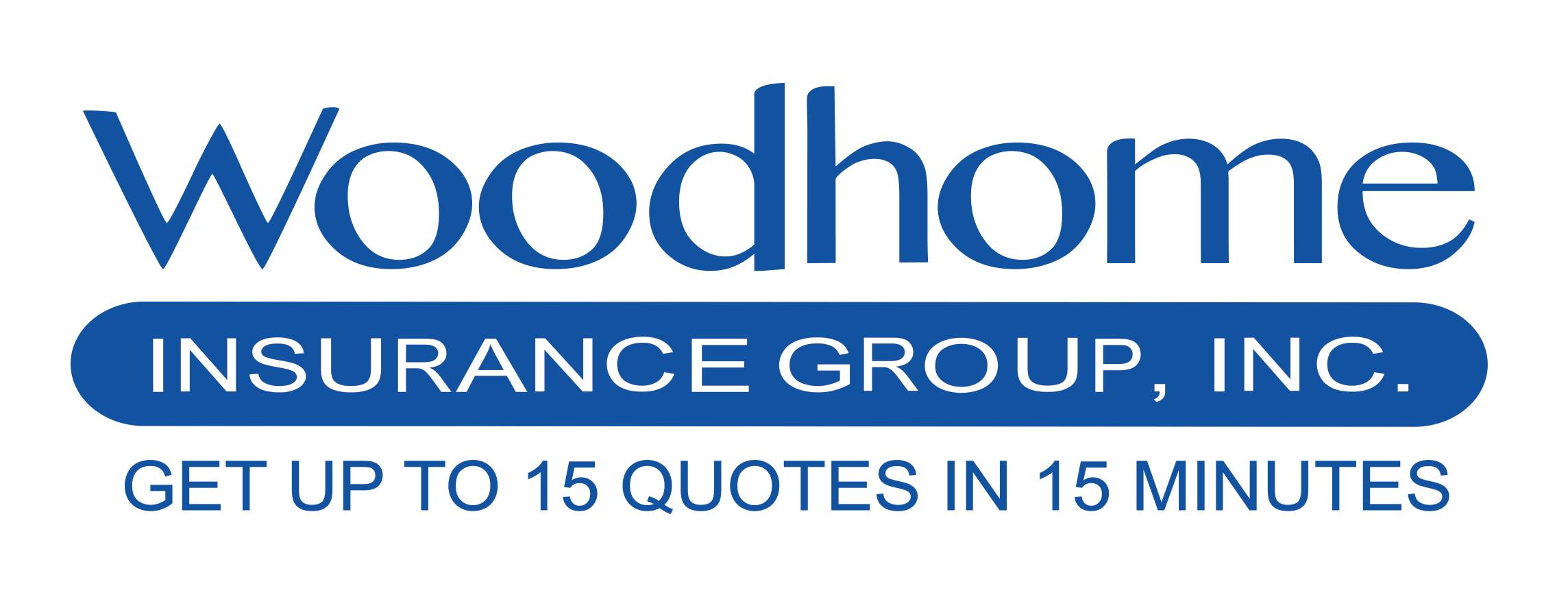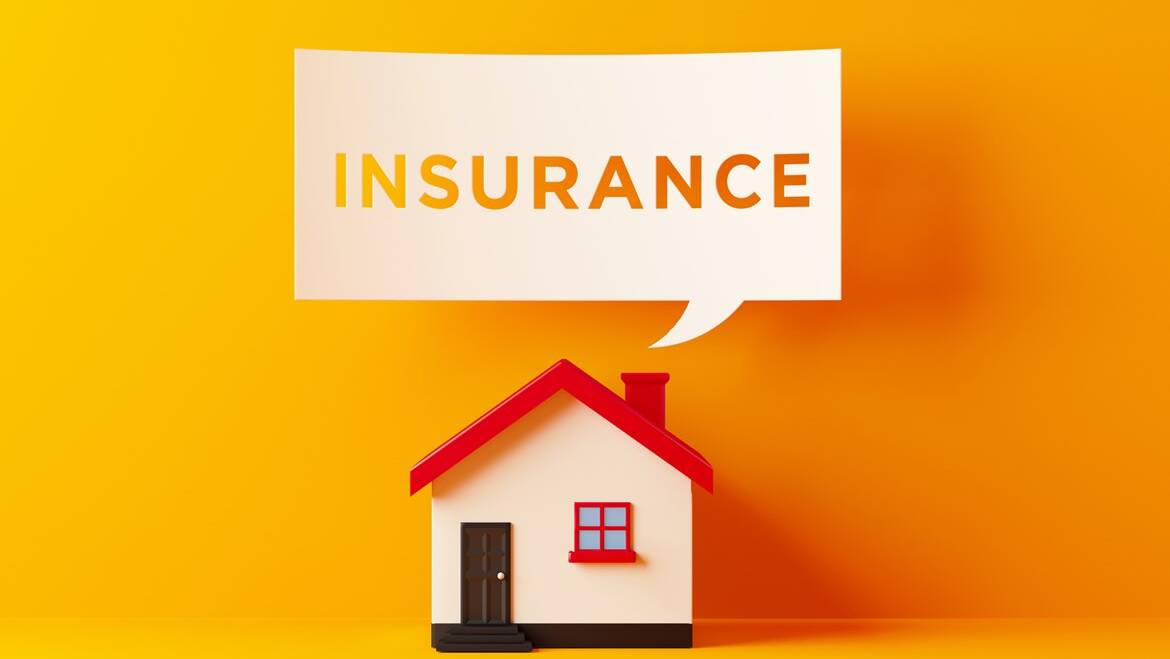Home insurance plays a vital role in safeguarding your most valuable possession: your home. In this blog post, we will explore the different aspects of homeowners insurance coverage to help homeowners understand what their policy truly covers and what it doesn’t.
Covered perils
Fire and smoke damage
Fire and smoke damage are among the most common perils covered by homeowners insurance. In the event of a fire, homeowners insurance can help cover the cost of repairs, rebuilding, and replacing damaged belongings.
Windstorm and hail damage
Another peril covered by homeowners insurance is windstorm and hail damage. Whether it’s a strong windstorm or a hailstorm, homeowners insurance can provide financial protection to repair or replace the damages caused.
Water damage
Water damage caused by burst pipes, plumbing issues, or accidental water leaks is typically covered by homeowners insurance. However, it’s important to note that flood damage is usually not covered and requires separate flood insurance.
Theft and vandalism
Homeowners insurance also provides coverage for theft and vandalism. Homeowners insurance can help cover losses and damages, including stolen belongings, if someone breaks into or vandalizes your home.
Exclusions and limitations
Flood and earthquake damage
While homeowners insurance covers a wide range of perils, it’s important to note that standard policies typically do not include flood and earthquake damage. Homeowners in high-risk areas should consider purchasing separate flood insurance and earthquake insurance to adequately protect their homes.
Wear and tear
Homeowners insurance is not designed to cover damages caused by normal wear and tear. It’s the homeowner’s responsibility to properly maintain their home and address any maintenance-related issues to avoid potential coverage gaps.
Negligence and intentional acts
Homeowners insurance does not cover damages caused by negligence or intentional acts. If a homeowner intentionally damages their own property or fails to take reasonable precautions to prevent damage, the insurance company may deny the claim.
Business-related losses
Standard homeowners insurance policies do not cover losses related to home businesses. If you run a business from your home, it’s important to consider purchasing additional coverage specifically for your business assets and liabilities.
Optional coverage
Flood Insurance
If you live in a flood-prone area, purchasing flood insurance to protect your home and belongings from flood damage is essential. Flood insurance is available through the National Flood Insurance Program (NFIP) or private insurers.
Earthquake insurance
For homeowners residing in earthquake-prone regions, earthquake insurance provides coverage for damages caused by earthquakes. You can purchase it as a separate policy to supplement your homeowners insurance.
Jewelry and valuable items coverage
If you own valuable items like jewelry, artwork, or collectibles, it’s worth considering additional coverage to protect these items adequately. Homeowners insurance often has coverage limits for such items, so adding specific coverage can provide the necessary protection.
Home business coverage
If you operate a business from your home, it’s wise to invest in home business coverage. This type of coverage can protect your business assets, liability, and provide income protection in case covered perils disrupt your business.
Understanding your policy
Policy terms and definitions
It’s crucial to understand the terms and definitions used in your homeowners insurance policy. Make yourself familiar with terms like dwelling coverage, personal property coverage, liability coverage, and other key provisions to ensure you understand what they cover.
Deductibles and coverage limits
Review your policy’s deductibles and coverage limits to understand how much you would be responsible for paying out of pocket in case of a claim. Consider adjusting these limits based on your financial situation and risk tolerance.
Claims process and documentation
Be aware of the claims process and the documentation required to file a claim. Keep an inventory of your belongings, including receipts, photos, and any other relevant documentation to support your claim in case of a loss.
Reviewing and updating your policy
Regularly review and update your homeowners insurance policy to ensure it adequately reflects your current needs and circumstances. Life changes, such as renovations, additions, or acquiring new high-value items, may require adjustments to your coverage.
Home insurance is essential for safeguarding your most valuable possession – your home. Understanding what’s covered and not can empower you to make informed decisions and rectify potential coverage gaps. By considering optional coverage, reviewing your policy regularly, and understanding the exclusions and limitations, you can ensure that your homeowners insurance provides comprehensive protection for your most valuable asset.
Woodhome Insurance
Call Today! (410) 580-2800
Up To 15 Quotes In 15 Minutes!

